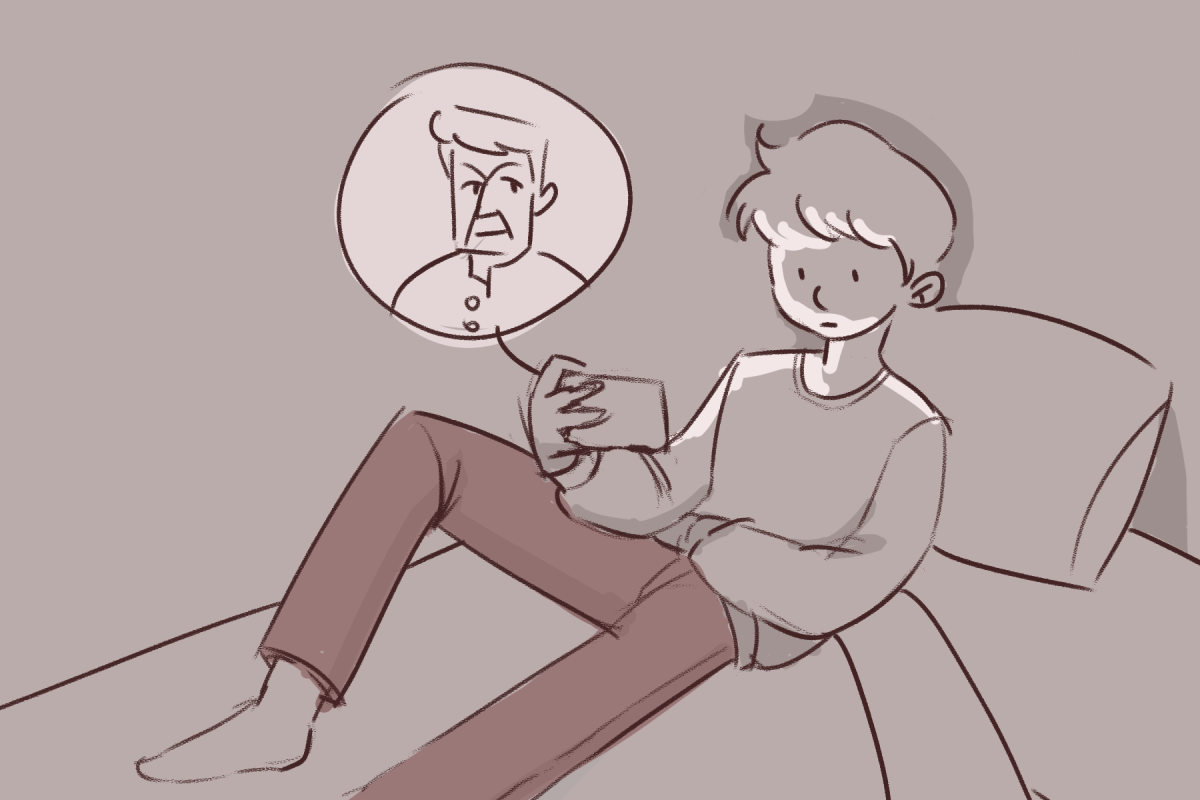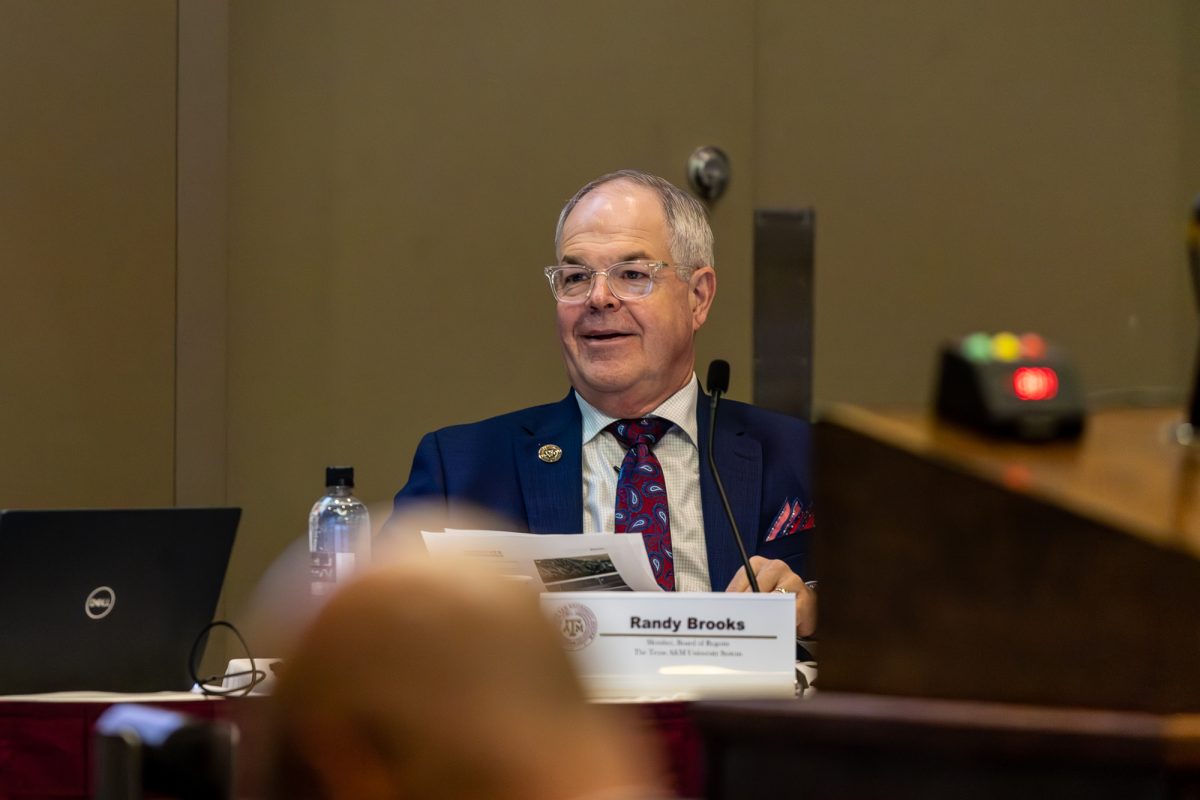The glow of the Nintendo Switch was the only thing illuminating my cold, darkened living room. I had retreated to my friend’s San Francisco home, seeking refuge after a week’s work 40 miles south. Then my phone started buzzing, an indicator that someone was eager to play me online.
“Can my friend hop in? They’re pretty good at Mario Kart.”
Sure, I love playing with new people, I thought.
As we raced, it became apparent that my new teammate had strong preferences when it came to pronouns. I hesitated, unsure of how to ask without seeming insensitive.
I’m usually indifferent to the specifics of gender identity, yet the nuances of English often compel me to engage with these distinctions. I recognize that the emotions and identities tied to gender are complex, often beyond the grasp of a layperson like myself. Engaging in debates over the binary or multiplicity of gender feels reductive, as it overlooks the experiences of individuals.
Thus, rather than engaging, I plan on embracing postgenderism, a worldview where gender becomes less relevant. Here’s what I mean:
Growing up on a farm near Bonham, Texas, I developed a deep appreciation for the natural world. In that environment, human constructs like gender often feel irrelevant. We see animals as beings behaving in a way consistent with their innate abilities, nothing else. Why shouldn’t we do the same?
I often think in functional terms: Consider trees, which we value for the shade they cast, the sanctuary they provide for wildlife and their role in soil conservation. We tend to assess them based on their functionality rather than tree-wise features. This viewpoint invites us to look beyond the mere existence of things to their purpose and condition, fostering a deeper respect for the role they play in our ecosystem.
Just as in nature, where the utility of a tree is valued over its form, the adoption of postgenderism in employment could lead to more successful outcomes for both employers and candidates.
A postgender approach would make the process more transparent and empirical. Employers would specify what qualifications are lacking, streamlining the process for both parties. Instead, nebulous job descriptions leave me stumped over why I’m not a suitable candidate.
Removing gender from the equation isn’t just a way of simplifying life, it’s a way to keep in mind that the world isn’t just humans. It’s a realm for both the living and non-living. The relationship between myself and my Bonhamian animals is both special and ubiquitous. Our dogs aren’t mere pets; they are companions in a shared existence. Our natural relationships exist as a complex interconnected network — not the hierarchy we’re taught it is.
While this path is liberating, I acknowledge that traditional gender norms also serve a practical purpose. I’m not trying to weasel out of the Selective Service: I’m both male and postgender. Now that I’m transitioning to postgender, I go by whatever pronouns you feel comfortable with, and there is nothing else to it because any categorization goes against the nature of the movement.
As I’ve embraced my postgender identity, I’ve realized the limitless potential beyond traditional roles.
My victory as Princess Peach proves that point.
Postgenderism isn’t merely about transcending gender boundaries; it’s about redefining how we perceive each other fundamentally. In the spirit of Mario Kart, where our avatars race not as gendered beings but as competitors defined by our skills and strategies, postgenderism invites us to view ourselves and others as entities characterized by our capabilities, contributions, and the unique ways we navigate the tracks of Mario Kart.
Eddie Phillips is an engineering senior and an opinion writer for The Battalion.
















